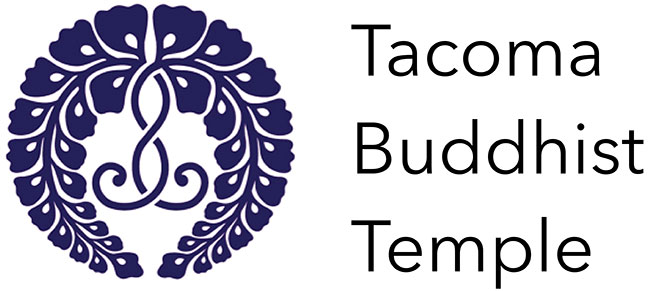American Buddhism
by Rev. Gyomay Kubose
There is a living Buddhism and a dead Buddhism. Dead Buddhism is the mere knowledge of buddhism. Living Buddhism is that which is understood by the whole body, not just the head or heart, and is lived by the person. Therefore, a Buddhist scholar is not necessarily a buddhist; he is a scholar of Buddhism. By some such scholars, buddhism is called a philosophy. But for a true Buddhist, Buddhism is a religion as well as philosophy, psychology, ethics, and art, because it makes a person free and brings joy, harmony, and creativity into life.
…There is no “prayer” in Buddhism because there is no one to whom one can pray. We use the word “meditation” instead of prayer. Each one receives the consequences of his or her own acts. Prayer to Buddha or to any God cannot prevent the effect from following the cause. Meditation makes a person more serene and quiet. This serenity and quietude make a person see things more clearly and enable one to see things as they are.
The word “worship” is inappropriate to Buddhism because it connotes “a prayer, church service, or other rite showing reverence for a deity.” In this sense, there is no worship in Buddhism. As we have said, Buddha is not a deity; Buddha is a man, an enlightened one, the teacher. Even the word “service” is not quite suitable for Buddhist groups. Perhaps the word “gathering” is better. People gather around the teacher and listen to the teachings, and the teacher does not preach. He discusses and points out mistakes and misunderstandings in life and presents experiences and truths according to each situation or case. The word “preach” means to give people a set of moral or religious instructions, and even the word “sermon” has the connotation of giving religious instructions grounded on a passage of scripture. In Buddhism, it is an “address,” “lecture,” or “discourse.”
Therefore, it is very difficult, maybe impossible, to convey Buddhism in its true sense by using Christian terminology. The fundamental differences between Christianity and Buddhism lie in different perspectives on life and the world. While Christianity is basically dualistic – that is to say, it divides man and God, created and creator, body and soul, life and death — Buddhism understands everything in oneness and totality. There is no basic dichotomy in Buddhism, whereas Western life is one of thoroughgoing dichotomization. Furthermore, Buddhism is a way of life, while Christianity is a religion primarily based on faith or believing.
